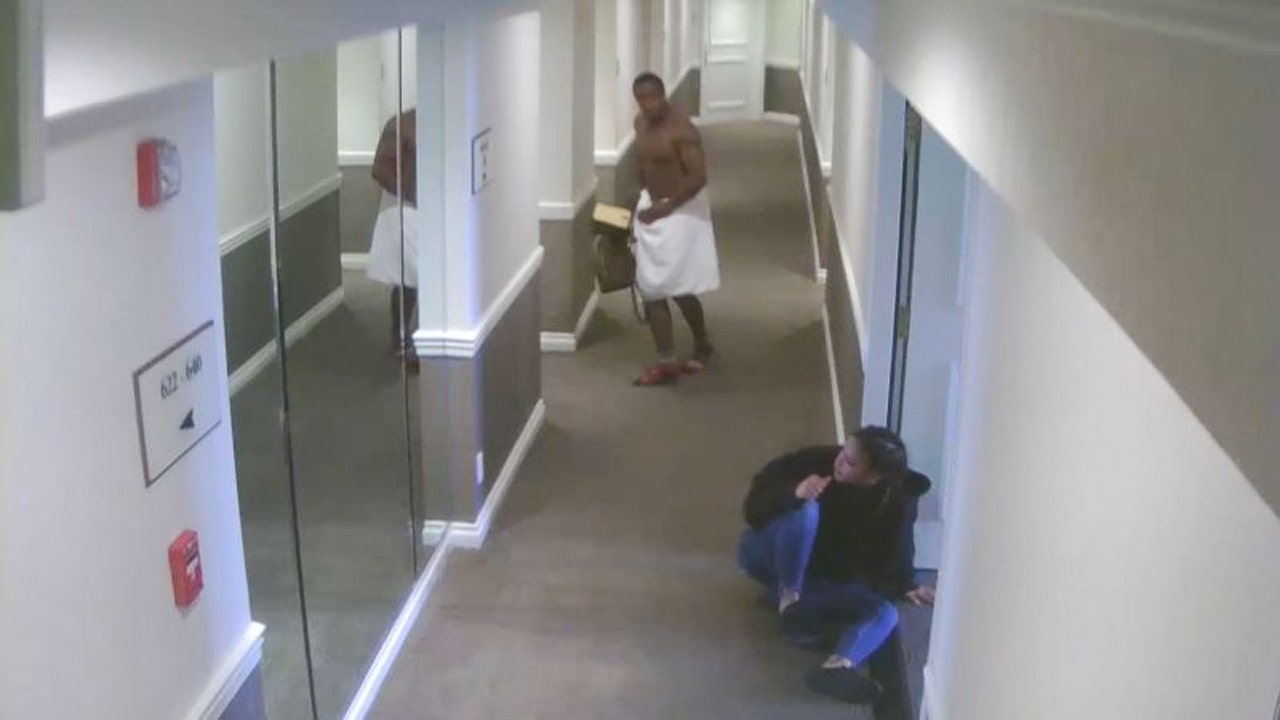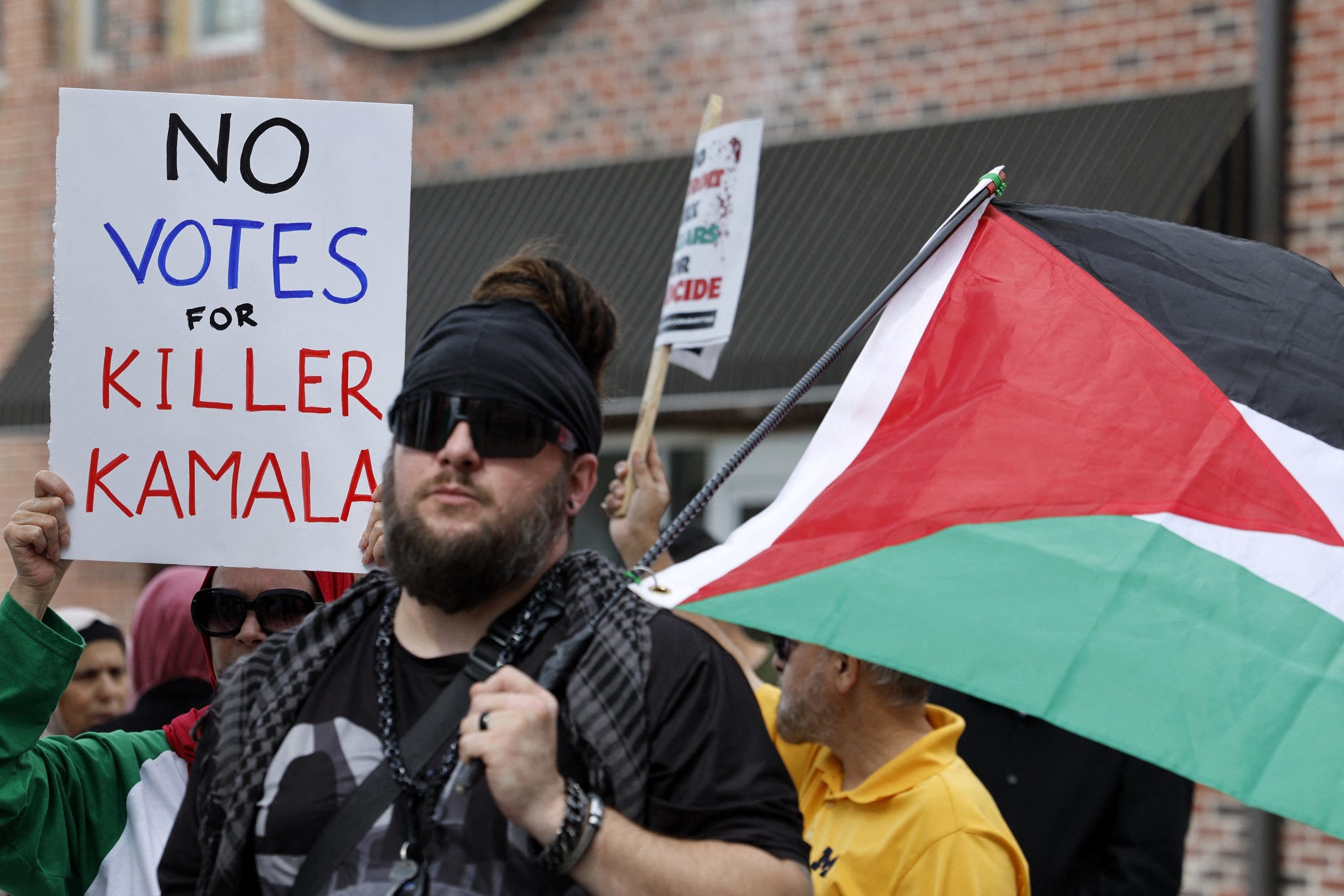Jan. 8, 2024
Ashleigh B. Merchant, a lawyer for one of the defendants in the Georgia election interference case, charges in a court filing that Fani T. Willis, the Fulton County district attorney, engaged in a “clandestine” relationship with Nathan J. Wade, a lawyer she hired to help manage the prosecution.
Jan. 14
At a church service in Atlanta dedicated to the Rev. Dr. Martin Luther King Jr., Ms. Willis says racism is a factor in the scrutiny of her hiring of Mr. Wade. She describes Mr. Wade’s credentials as “impeccable” and says they are being questioned only because he is Black.
Feb. 2
Ms. Willis acknowledges in a court filing a “personal relationship” with Mr. Wade, but denounces the allegations of a conflict of interest as “fantastical theories and rank speculation” and argues there is no reason to disqualify her or her office from prosecuting the Trump case. She adds that neither of them gained any financial benefit from the relationship. An affidavit from Mr. Wade asserts that the romantic relationship started only after he was hired.
Feb. 15
The first day of witness testimony begins in a series of hearings examining the relationship.
A former friend of Ms. Willis, Robin Bryant-Yeartie, says she has “no doubt” the two started a romantic relationship earlier than they have said. But Mr. Wade, testifying for several hours, firmly denies Ms. Bryant-Yeartie’s claim.
Ms. Willis also takes the stand and forcefully rebuts suggestions she benefited financially from the relationship.
Feb. 16
On the second day of witness testimony, defense lawyers question Terrence Bradley, a former law partner of Mr. Wade who also served as his divorce lawyer. He is questioned for more than two hours, but defense lawyers are unable to draw out anything establishing that Mr. Wade was dating Ms. Willis when she hired him.
Feb. 23
In a court filing, lawyers for former President Donald J. Trump present an affidavit describing phone records that they say showed about 12,000 calls and text messages between Ms. Willis and Mr. Wade in the first 11 months of 2021. In the affidavit, an investigator hired by Mr. Trump’s lawyers says cellphone location data showed that there were times Mr. Wade was in the vicinity of Ms. Willis’s residence from late at night until dawn.
In a separate filing, Ms. Willis’s office rebutted the Trump team’s analysis of the data, saying the records “do not prove that Special Prosecutor Wade was ever at any particular location or address.”
Feb. 29
Hundreds of text messages obtained by The New York Times show that Mr. Bradley helped Ms. Merchant, the defense lawyer, to expose the relationship between the two prosecutors. The messages counter the impression he left on the witness stand that he had known next to nothing about the romance.
March 1
In final arguments before the judge, defense lawyers assert that even the appearance of a conflict of interest should be enough to disqualify Ms. Willis from the case. A lawyer for Ms. Willis counters that only an actual conflict of interest would be grounds to disqualify her.
March 4
In a court filing, lawyers for David J. Shafer, a defendant in the Trump case, say that according to Cindi Lee Yeager, a deputy district attorney in neighboring Cobb County, Ga., Mr. Bradley told her that the prosecutors’ relationship began before Mr. Wade went to work for Ms. Willis.
March 15
The judge rules that Ms. Willis could stay on the case, but only if Mr. Wade withdraws from it. The ruling cuts a middle path between removing Ms. Willis for a conflict of interest and her full vindication, with the judge sharply criticizing her behavior. With delays mounting, the case is now unlikely to come to trial before the 2024 presidential election.






